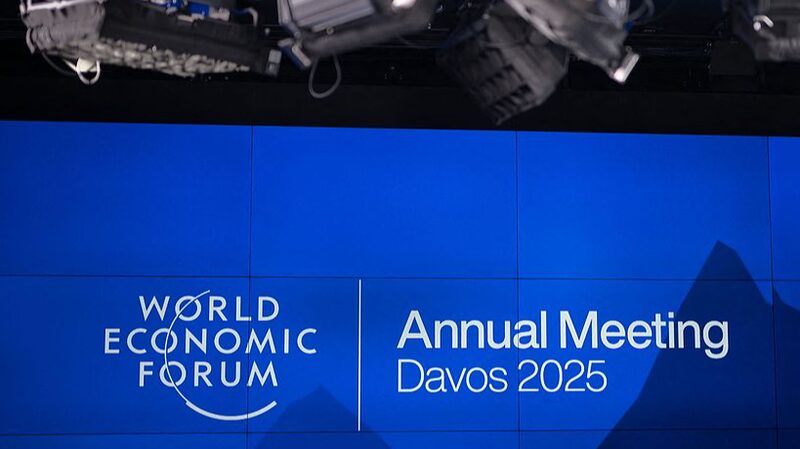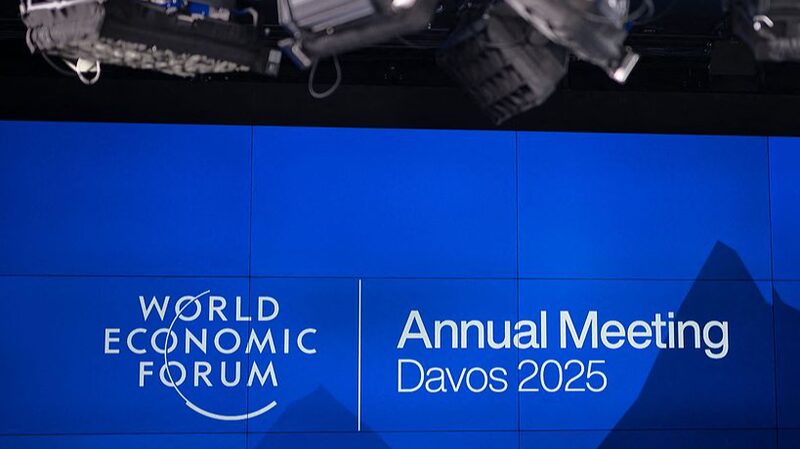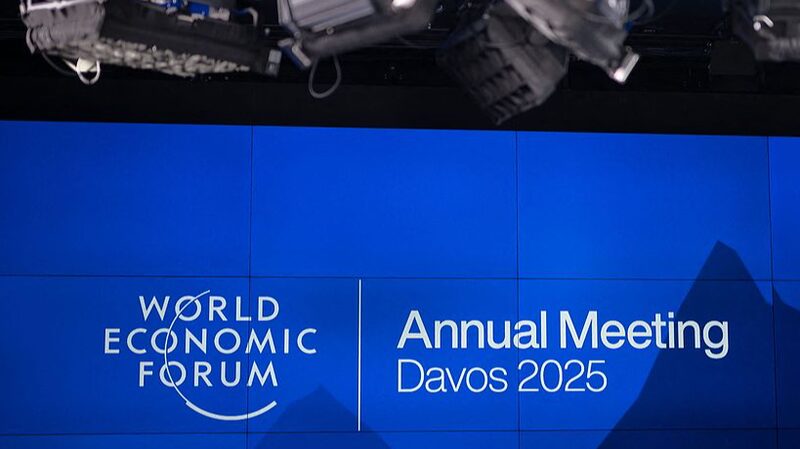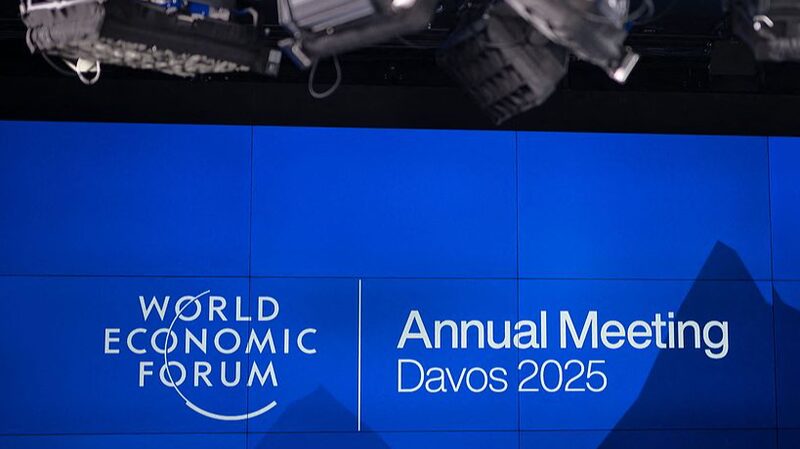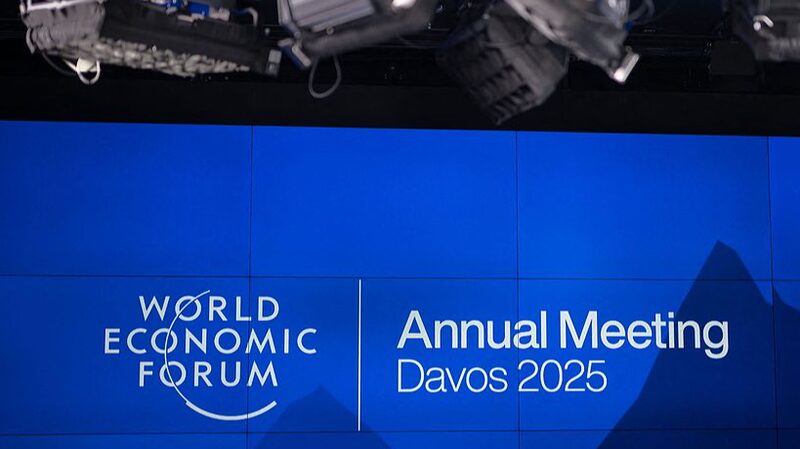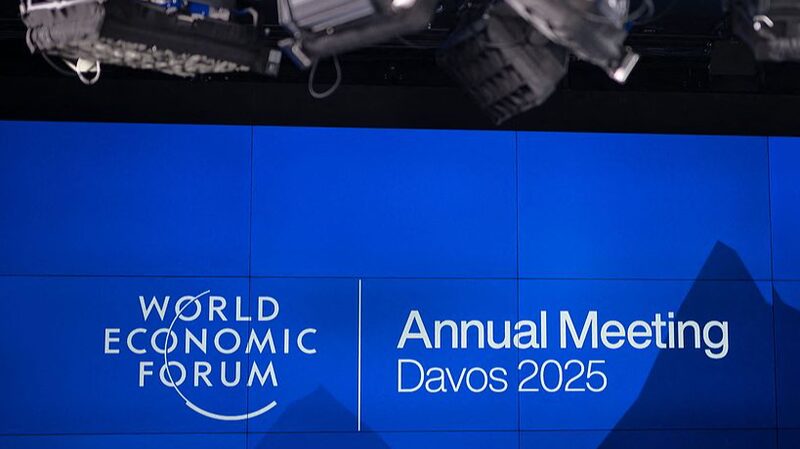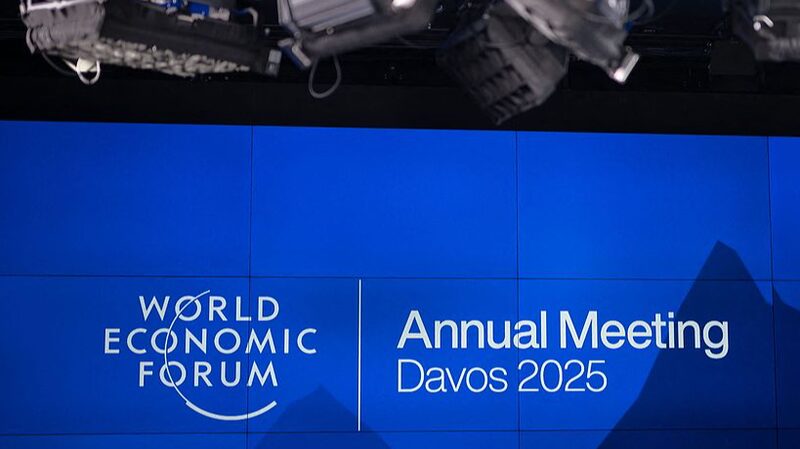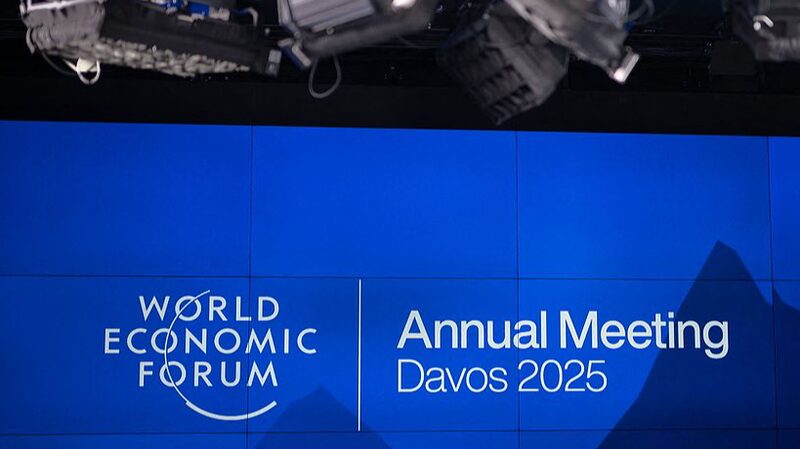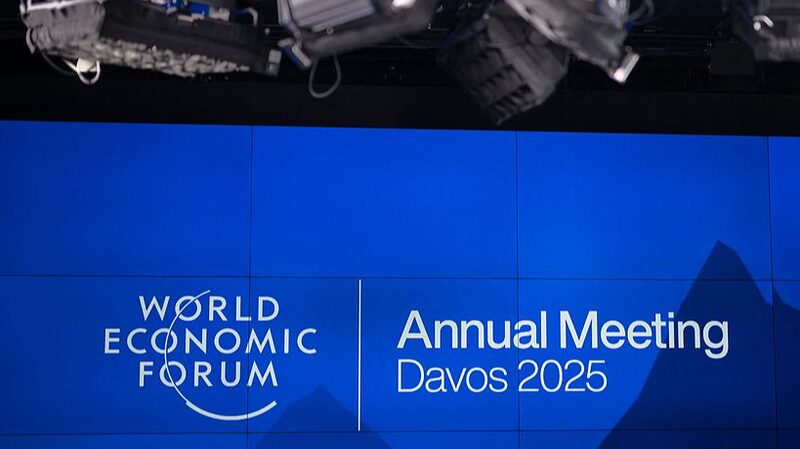As the world grapples with unprecedented challenges and opportunities, the upcoming World Economic Forum (WEF) Annual Meeting in Davos, Switzerland, scheduled from January 15 to 19, 2024, is set to be a pivotal gathering of global leaders. Bringing together thousands of influential figures from politics, academia, and business, including numerous heads of state and government, this event aims to chart a course for a more sustainable and inclusive future.
Historically, the WEF has been a catalyst for significant global developments. In 1992, Nelson Mandela and F.W. de Klerk met in Davos for the first time outside South Africa, a handshake that symbolized a turning point in the fight against apartheid. Similarly, in 1998, amidst a global financial crisis, the idea of fostering dialogue between developed and developing nations led to the establishment of the Group of 20, reshaping international economic cooperation.
The 2024 meeting comes at a time when geopolitical tensions, economic uncertainties, and environmental challenges are increasingly complex and interconnected. Trade disputes, cultural polarization, and the urgent need for climate action demand collaborative solutions. Simultaneously, breakthroughs in quantum computing, biotechnology, and artificial intelligence present unique opportunities to enhance productivity, elevate living standards, and reduce poverty and inequality worldwide.
While the official theme of WEF 2024 has yet to be announced, it is anticipated to focus on harnessing technological innovations for the betterment of humanity. Discussions are expected to revolve around rethinking economic growth models, shaping industries in the intelligent age, investing in human capital, safeguarding the planet, and rebuilding trust among global communities.
Participants and observers alike anticipate that the dialogues in Davos will not only address immediate global concerns but also lay the groundwork for long-term strategies to navigate the intelligent age. By fostering collaboration across sectors and borders, the WEF aims to bridge the gap between aspirations and anxieties, ensuring that technological advancements lead to shared prosperity and sustainable development.
The outcomes of the Davos meeting will be closely watched by a diverse global audience—from business professionals seeking insights into economic trends, to academics and researchers analyzing policy impacts, and diaspora communities staying connected with regional developments. As the world stands on the brink of significant transformation, the WEF 2024 represents a crucial opportunity to shape a future that benefits all.
Reference(s):
cgtn.com
